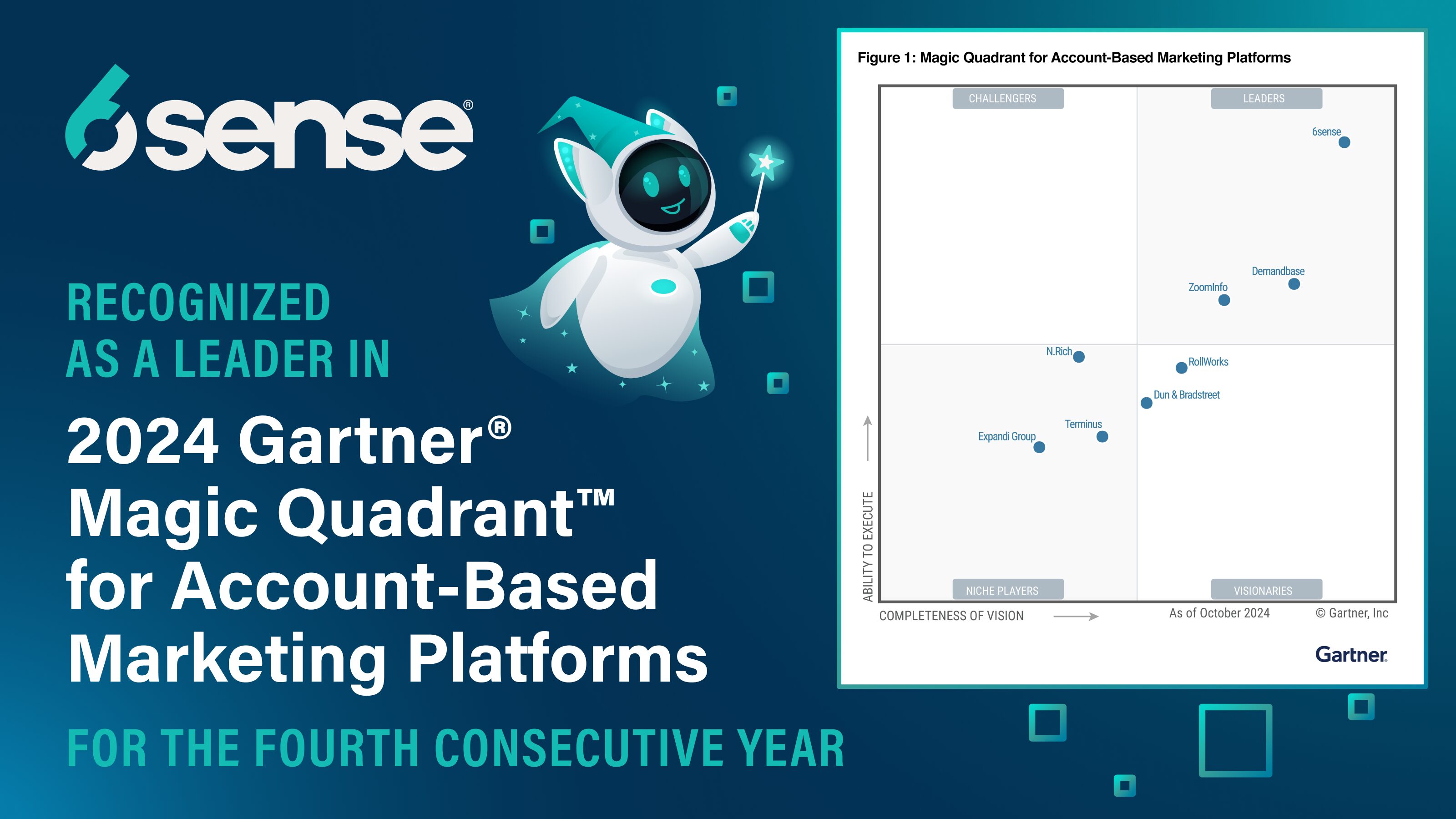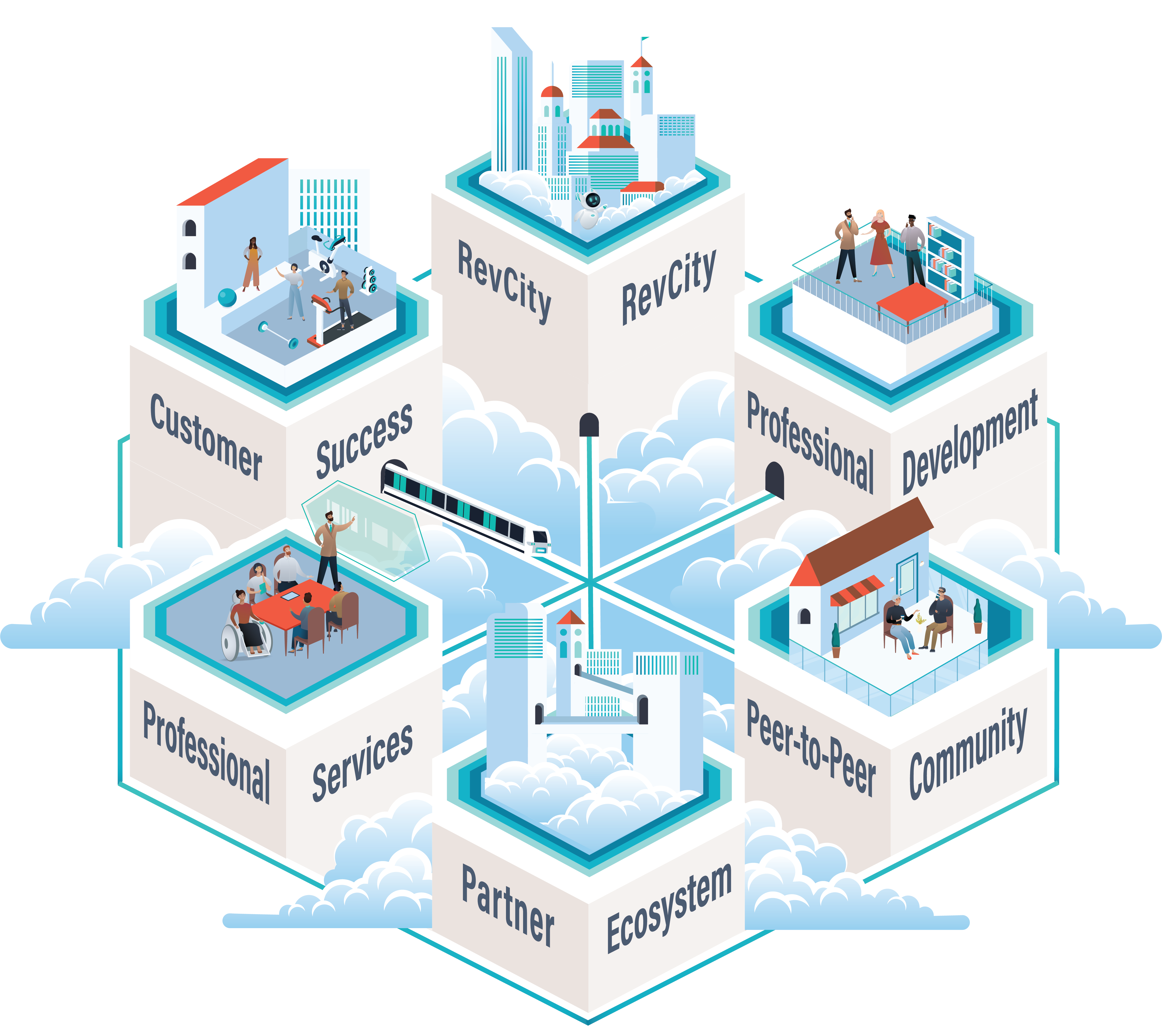What is a Serviceable Obtainable Market (SOM)?
Serviceable Obtainable Market is the amount of a total market that a company or product can realistically capture and serve effectively. It represents the specific segment within the broader market that aligns with a company’s value proposition, capabilities, and resources.
Identifying SOM helps businesses:
- Optimize effort and resources
- Maximize market penetration
- Reach growth potential
Example of SOM
Imagine a SaaS company called TechSolutions that develops project management software.
Project management software is a nearly universal need for industries and businesses of all sizes, and much of the software is targeted to specific needs.
TechSolutions has identified their SOM as:
- Small to medium-sized businesses,
- In the technology and creative sectors,
- That prioritize agile project management and collaboration features.
By focusing its efforts on the specific needs of this target segment, TechSolutions can position itself as a tailored solution provider and capture a significant share within its SOM. This laser-focus increases win rates and decreases wasted GTM spend.
What are the Factors Involved in the Serviceable Obtainable Market?
The following factors influence how an SOM is determined and served:
- Target Audience Segmentation: Identifying and categorizing potential customers based on their demographics, preferences, needs, and behaviors.
- Value Proposition Alignment: Making sure products or services align closely with the unique needs and pain points of the chosen target segment.
- Resource Capacity: Assessing resources, including production capacity, distribution networks, marketing budget, and employees, to make sure the company can effectively serve the chosen market segment.
- Competitive Landscape: Understanding how competitors are positioned, what gaps exist, and how the company can differentiate itself to capture market share.
Benefits of Serviceable Obtainable Market
- Efficient resource allocation: Companies can direct their efforts, budget, and time toward the most receptive audience. This prevents waste on pursuing customers who may not align with the company’s offerings.
- Better product-market fit: Concentrating on a well-defined segment allows companies to tailor their products or services to meet the needs of that audience.
- Maximized growth potential: Focusing on an SOM allows companies to capture a significant share within a narrower segment, establishing a strong foothold. As the company gains traction and expertise within this segment, it can then consider expanding into adjacent markets leveraging success and credibility.
- Clearer marketing strategy: With a well-defined SOM, companies can develop targeted marketing campaigns and messaging that resonate deeply with the chosen segment.
Limitations of Serviceable Obtainable Market
Overemphasizing an SOM could cause a business to miss out on opportunities in adjacent markets or to overlook changing customer preferences.
Additionally, reliance on a specific segment might make a business more susceptible to market fluctuations affecting that particular segment, leading to revenue instability. Exclusively concentrating on the current SOM may hinder a company’s ability to innovate and develop new solutions to address emerging market needs, limiting its long-term growth prospects.
How to Calculate the Serviceable Obtainable Market
The formula for calculating the Service Obtainable Market is:
SOM =
Total Addressable Market (TAM)
x Serviceable Available Market Percentage (SAM%)
x Serviceable Obtainable Market Percentage (SOM%)Where:
Total Addressable Market (TAM) is the total market demand for a specific product or service without any constraints or limitations. It’s the entire pool of potential customers if there were no geographical, financial, or other restrictions.
Serviceable Available Market Percentage (SAM%) is the percentage of the TAM that a company can realistically serve and reach based on its resources, distribution channels, and capabilities.
Serviceable Obtainable Market Percentage (SOM%) is the percentage of the SAM that the company can effectively convert into actual sales, factoring in competition, pricing strategies, and market trends.
Calculating TechSolutions’ SOM:
The TAM for TechSolutions is the total market demand for project management software across all industries and business sizes. Let’s assume this TAM is $1 billion.
Now, let’s say TechSolutions has a strong presence in the IT sector and can effectively target around 20% of the TAM due to its specialization. This would be the SAM%.
However, not all of the SAM can be converted into actual sales due to factors like competition and varying customer preferences. Let’s assume that TechSolutions can convert around 15% of its SAM into actual sales, reflecting the SOM%.
Putting it all together:
$1 billion x 0.20 x 0.15SOM = $30 million6sense Revenue AI™ enables businesses to more accurately gauge TAM, and to explore different demand scenarios to help with go-to-market planning.
See how we used our own platform to strategically grow business in Europe and the Middle East.
 Skip to content
Skip to content





